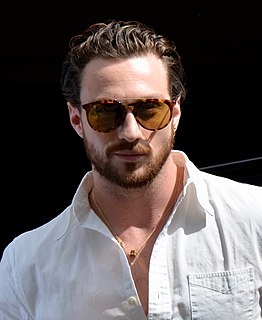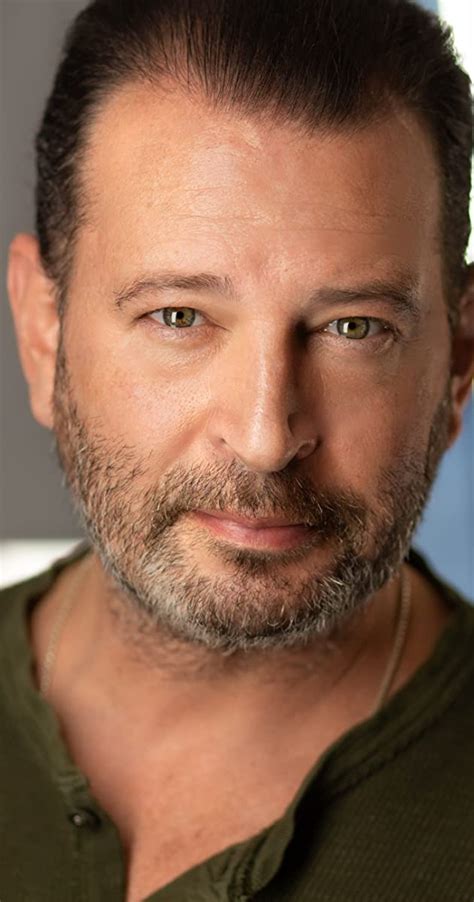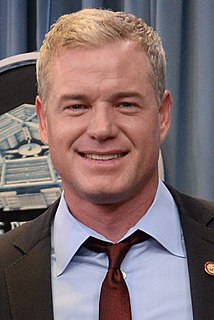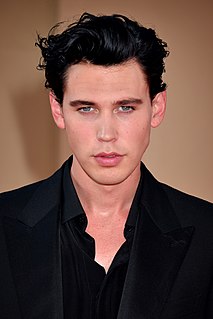A Quote by Noel Clarke
'Pulp Fiction' blew my mind; beforehand, I'd watch films and there was a beginning, middle and an end, and that's it. There is in that film, too, but it's out of sequence.
Related Quotes
I let myself go at the beginning and write with an easy mind, but by the time I get to the middle I begin to grow timid and to fear my story will be too long. . .That is why the beginning of my stories is always very promising and looks as though I were starting on a novel, and the middle is huddled and timid, and the end is...like fireworks.
Man no longer lives in the beginning--he has lost the beginning. Now he finds he is in the middle, knowing neither the end nor the beginning, and yet knowing that he is in the middle, coming from the beginning and going towards the end. He sees that his life is determined by these two facets, of which he knows only that he does not know them
When I set out to write a screenplay, I have in my mind a beginning and an end but that end part continually changes as I start to write the middle. That way by the time the screenplay is finished I have taken myself and my audience from a familiar beginning point through the story to an unfamiliar ending point.
People come to L.A. and they expect to see a ghetto like the projects, but that's not the way it's set up. Inglewood, in particular, is the furthest thing from a ghetto. It's a middle-class community, but it's gotten a bad rap over the years... because of 'Grand Canyon' and 'Pulp Fiction' and other films.



































